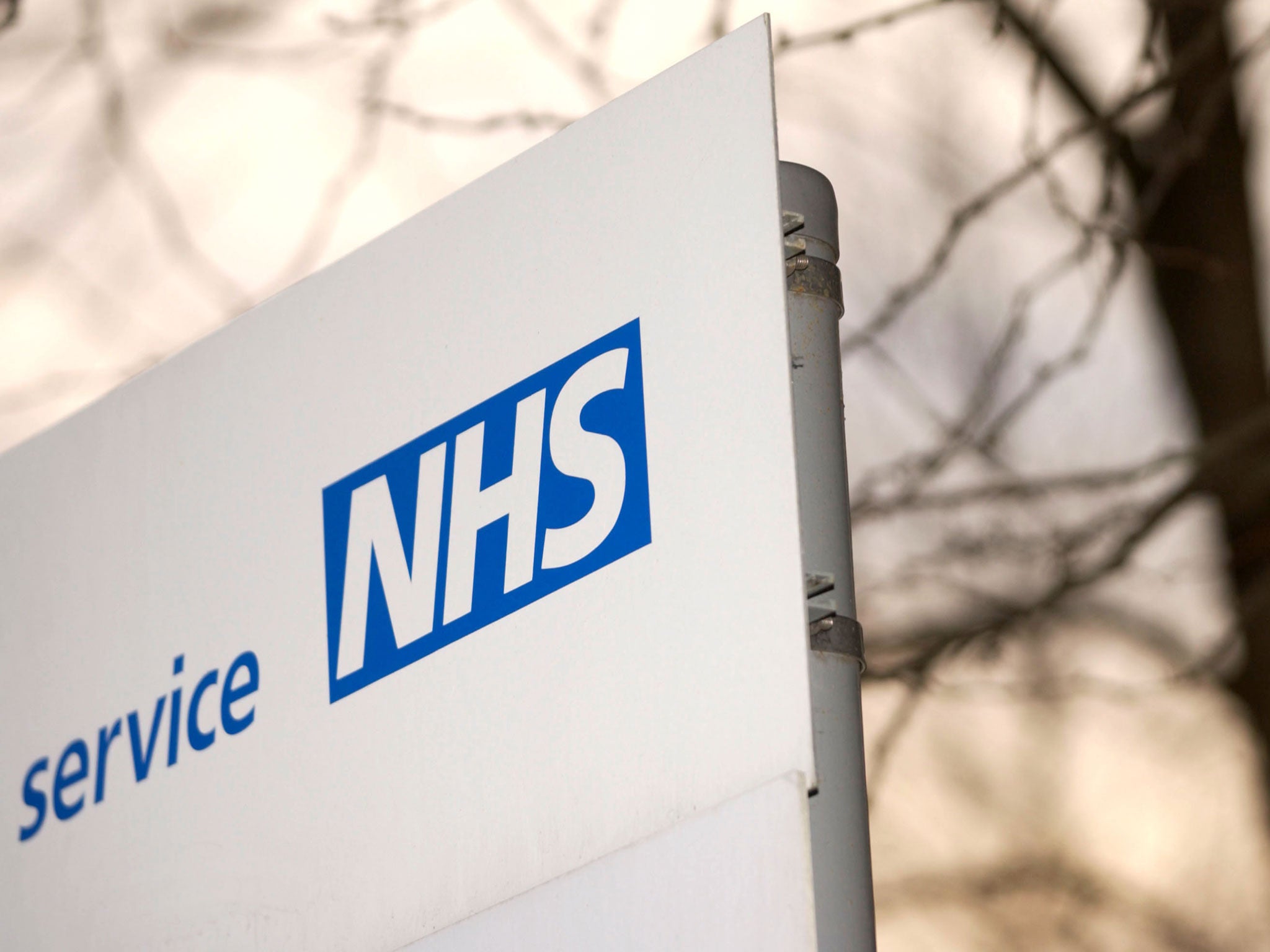NHS leaders call for end to waves of criticism of health service
Senior officials want to leave ‘fear, blame, recrimination and demoralisation’ behind, and to 'go forward with energy and optimism'

Your support helps us to tell the story
From reproductive rights to climate change to Big Tech, The Independent is on the ground when the story is developing. Whether it's investigating the financials of Elon Musk's pro-Trump PAC or producing our latest documentary, 'The A Word', which shines a light on the American women fighting for reproductive rights, we know how important it is to parse out the facts from the messaging.
At such a critical moment in US history, we need reporters on the ground. Your donation allows us to keep sending journalists to speak to both sides of the story.
The Independent is trusted by Americans across the entire political spectrum. And unlike many other quality news outlets, we choose not to lock Americans out of our reporting and analysis with paywalls. We believe quality journalism should be available to everyone, paid for by those who can afford it.
Your support makes all the difference.The leaders of 10 NHS organisations have called for an end to waves of criticism of the health service.
In an open letter, senior officials from the British Medical Association, NHS Confederation, Royal College of General Practitioners, Royal College of Nursing and other groups, called for “a new page to be turned”.
“The failures in patient care must be addressed, and part of doing this means, in the words of Professor Don Berwick's review of patient safety, leaving ‘fear, blame, recrimination and demoralisation’ behind, and going forward with energy and optimism,” they said in a letter to The Guardian.
“Undoubtedly, there are challenges to face in ensuring we have the high-quality service that everyone in the NHS wants to offer, including increasing demand on services and the need to do more with tighter budgets.
“But we need to reach a more measured view of how the NHS is performing. We must strike the right balance between recognising the extraordinary achievements that NHS staff deliver every day and the need for improvement…. Rather than looking back to the failures of the past, we now need to devote our time and energy to meeting the very real challenges we face to secure a sustainable NHS for the future.”
Other signatories included officials from the Foundation Trust Network, College of Emergency Medicine, Chartered Society of Physiotherapy, Royal College of Midwives, Royal College of Physicians and Royal College of Psychiatrists.
The NHS has been hit by a series of scandals over care of patients, including ones at Mid Staffordshire, Morecambe Bay and Colchester hospitals.
But Chris Hopson, chief executive of the Foundation Trust Network, which represents most of England's hospitals, said: “If you listen to some of the NHS system leaders – ministers and the leaders of organisations such as NHS England, the Care Quality Commission, Monitor and the NHS Trust Development Authority – you get the impression that all NHS care is like Mid Staffs and that's clearly not the case.
“We are really concerned that when you hear these system leaders talk you get a relentless focus on the negative [and] on identifying all that's bad, and then coming up with really quite harsh blame and recrimination.
“Ministers, for perfectly understandable reasons, have chosen to focus on the areas where care failures have occurred, and those are important. But it would be really good if they also publicly recognised that the vast majority of NHS care is good or very good.”
Stafford Hospital has previously been the subject of several highly critical reports, including a full public inquiry, which identified “routine” neglect of patients between 2005 and 2009.
The Department of Health said the NHS was “full of brilliant people who dedicate their lives to caring for our loved ones and ministers spend a great deal of time on the frontline thanking and praising them for their hard work”.
“But in the light of tragedies such as Mid Staffs, simply defending the status quo is not good enough, and we make no apology for pushing for high standards for patients,” it added.
Join our commenting forum
Join thought-provoking conversations, follow other Independent readers and see their replies
Comments